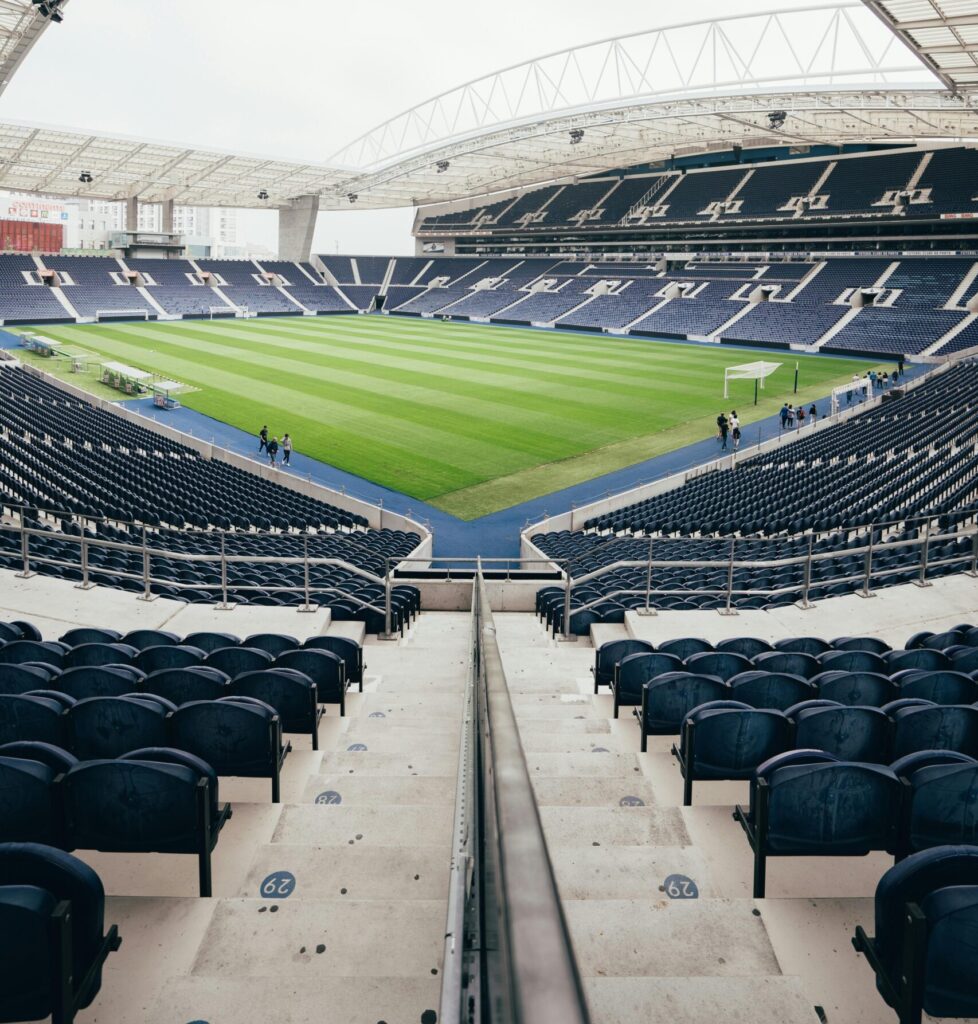In the dynamic and fast-paced world of sports, the success of a sports facility goes beyond the excitement of the games played within it. Behind every well-maintained sports arena or recreational centre is a robust project management framework ensuring smooth operations, optimal performance, and sustainable growth. The significance of project management in sports facility operations cannot be overstated, as it plays a pivotal role in planning, executing, and maintaining these complex structures.
1. Importance of Planning and Scheduling
Effective project management begins with meticulous planning and scheduling. For sports facilities, this means developing comprehensive plans that outline every aspect of the facility’s operations. From construction timelines to maintenance schedules, project management ensures that every phase of the facility’s lifecycle is well-coordinated and executed on time.
Key Elements:
- Construction Planning: Project managers oversee the initial construction phase, ensuring that all resources are allocated efficiently, timelines are adhered to, and potential risks are mitigated.
- Maintenance Scheduling: Regular maintenance is crucial for the longevity of sports facilities. Project management involves scheduling routine inspections, repairs, and upgrades to keep the facility in top condition.
- Event Coordination: Hosting sports events requires careful planning and coordination. Project managers handle logistics, coordinate with event organizers, and ensure that the facility is prepared to host successful events.
2. Examples of Successful Sports Facility Projects
The impact of project management on sports facility operations can be illustrated through various successful projects worldwide.
Case Study: The London Olympic Stadium
- Project Overview: The London Olympic Stadium, built for the 2012 Summer Olympics, is a prime example of effective project management. The project involved constructing a state-of-the-art facility capable of hosting multiple sports and events.
- Project Management Success: Through meticulous planning, risk management, and stakeholder coordination, the project was completed on time and within budget. The stadium continues to serve as a versatile venue for sports and entertainment events, showcasing the long-term benefits of effective project management.
Case Study: The Mercedes-Benz Stadium
- Project Overview: The Mercedes-Benz Stadium in Atlanta, Georgia, is another testament to successful project management. The stadium, known for its innovative design and sustainability features, required extensive project management to integrate cutting-edge technology and eco-friendly practices.
- Project Management Success: The project managers employed advanced project management methodologies to ensure that every aspect of the construction process was meticulously planned and executed. The result is a world-class facility that sets new standards in sports infrastructure.
3. Benefits of Project Management in Maintaining and Improving Facilities
The advantages of project management in sports facility operations extend beyond initial construction and event coordination. Effective project management practices contribute to the ongoing maintenance and continuous improvement of these facilities.
Key Benefits:
- Cost Efficiency: By implementing strategic project management practices, sports facilities can optimize resource allocation, reduce waste, and achieve cost savings. This is particularly important in maintaining and upgrading facilities without compromising quality.
- Risk Mitigation: Project managers identify potential risks early in the planning phase and develop contingency plans to address them. This proactive approach minimizes disruptions and ensures smooth operations.
- Stakeholder Satisfaction: Project management involves regular communication and collaboration with stakeholders, including facility owners, event organizers, and the community. This fosters strong relationships and ensures that the facility meets the needs and expectations of all stakeholders.
- Sustainability: Modern project management practices emphasize sustainability and environmental responsibility. By integrating sustainable design and operational practices, sports facilities can reduce their environmental footprint and contribute to long-term ecological balance.
Conclusion
The role of project management in enhancing sports facility operations is multifaceted and indispensable. From planning and scheduling to maintenance and continuous improvement, project management ensures that sports facilities operate efficiently, safely, and sustainably. The success stories of iconic sports venues like the London Olympic Stadium and the Mercedes-Benz Stadium underscore the transformative impact of effective project management. As the sports industry continues to evolve, the importance of robust project management frameworks in sports facility operations will only grow, paving the way for more successful and sustainable sports infrastructure projects in the future.
AI-Assisted Content Disclaimer
This article was created with AI assistance and reviewed by a human for accuracy and clarity.










